mastering your identity with happy gilmore
and how you can bring the best of your identity without sacrificing success or growth
4.9.24
⏳ THE LINE-UP
What’s on the lineup card (agenda)?
In today's newsletter, we'll discuss how you can bring your previous identity (the good part) to your current work and not sacrifice growth but actually grow because of it. We’ll use Happy Gilmore and The Masters as our identity anchors this week.
☕️ THE WARM-UP
I’ve heard this question in business, sport and everywhere in between. 👇🏽
“How can I bring my full identity (authentic self) to my job without sacrificing success and career growth?”
Introducing Identity Foreclosure. “Identity-Foreclosure status is the status for those who have made a commitment to an identity without having explored the options.”
Why is this important?
When you’ve identified where your values, traits and beliefs stem from, the less likely you are to show up in your next role confused, demotivated or complacent.
Although it may seem straightforward, showing up authentically can be challenging. When asked about core memories or places that have shaped someone’s leadership journey, many people draw a blank.
My Take: You should always know the places and people that shape who you are as a leader - and you know I don't like shoulding anybody.
Happy Gilmore is the perfect example to break down the concept of identity foreclosure and how it may relate to you. Not familiar with Happy? Here are the cliff notes…
Happy (Adam Sandler) identifies as a hockey player and a hockey player only - until he finds out his path to success is on the golf course and leans into his former identity to succeed
Sound familiar?
The middle school teacher with expert facilitation skills that becomes a keynote speaker.
The chef who becomes an engineering manager because they are a master in efficiency.
The veteran who becomes a high-performing sales rep because they handle failure well.
⛳️ PREGAME
Many people think their “past” has no business in the future and that bringing their “full” self will hurt them in the long run. I beg to differ. Leaving a core part of who you are will always (or most of the time) come back in the form of settling or stagnation.
Comparing and contrasting who you were and who you are is where the misunderstanding happens. Who you are today is a sum (good and bad) of where you’ve been.
Kicker - it all defines you.
Q: So How does Happy Gilmore's unorthodox path relate to identity?
A: He didn't forget his beloved identity as a hockey player and neither should your teacher, athlete, or military veteran. He brought parts of his identity that made him different from the rest of the field. He didn't just tap into it, he owned it (putting with a hockey stick or leveraging his aggressive patience).
It takes time and deep work to identify what parts of your dreams or “vision” were dictated by your environment growing up (school, parents, social circles). I talk about that in Touching Base Game 3. But when it comes to identity foreclosure examples, here are a few that likely resonate with many of us.
Are you working in the family business because it is expected?
Did you go to a university because your parents went there?
Did you play a specific sport because everyone in your family played it?
Did you major in something because it was “expected” of you?
Did you nod at all?
It’s okay if you did. You can USE your previous self to your advantage. As long as you’ve been honest with the good and bad that you’ve taken from it.
⏱ GAMETIME
Do this exercise
There are countless lessons you’ve learned from a past role or industry that actually sets you APART from everyone else.
Grab your and answer these
If you were to describe what you loved about this previous version of you, what would you say?
Example re: baseball: I loved having a significant individual role (pitcher/closer) within a team concept.
It gave me autonomy while being responsible for the momentum built by the team.
Re-evaluate your values and beliefs from that time stamp of your life.
What has changed or stands true today?
If you can’t recall, write down 3 lessons you learned from that previous experience. Good or bad.
Identify your anchor relationships that shaped or had an influence on you during that time period? Life or work.
Are they still around? Do you want them to be?
What impact do they still have on you? Yes, even if you don’t talk to them anymore.
🏁 THE CLOSE
Highlights from today and sources for continued learning
Coach to your strengths and unique background. People can sniff out a framework or BS you haven't used yourself. Sometimes you’ve got to get dirty and lead by example as the coach. Take it from Chubbs HERE.
Listen to this 5 minute podcast from Brian Cain talking about bringing your identity WITH you as part of the Mental Performance Mastery podcast.
Read my take on The Master’s Master Class on identity HERE. It’ll show you how an identity can also translate to an event or team and how you can apply it as a leader in the business world.
ON DECK
Teaser to What Leadership Pillar and Topic Is Up for Next Week
Mental Performance and the racetrack is calling. Talladega Nights will serve as our inspiration with layers of resiliency, humility and adapting to change with Ricky Bobby as our driver.

